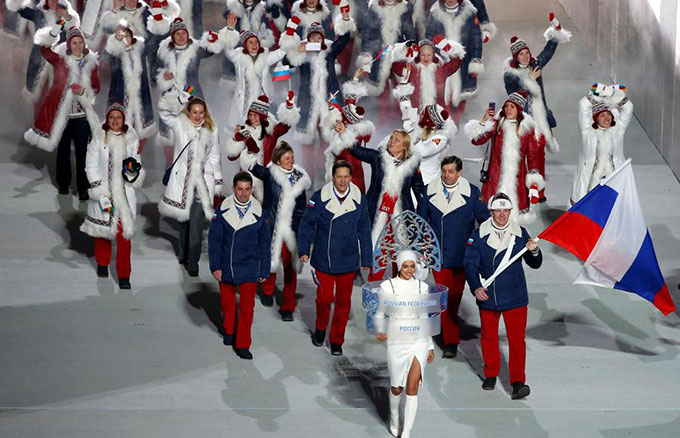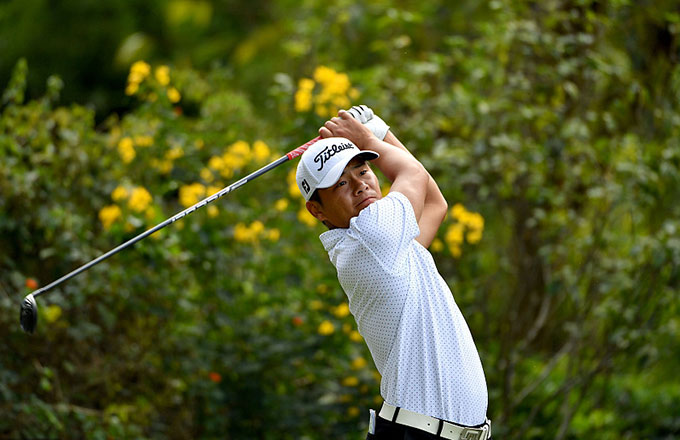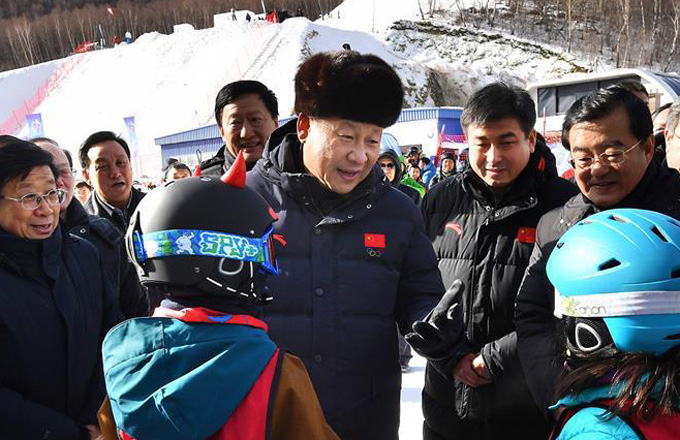Liaoning revitalized and ready for opening day
Every evening, Chang Zhonghua and her friends go to the sports square just a five-minute walk from her home to exercise.
"The National Games will open soon. We are going to host national games in our community," she joked.
Exercising has been an indispensable part of Chang's daily routine through the past five years.
"Our living conditions are better now. It's convenient and free to use the fitness equipment in the community sports center. Ten years ago, I never thought I would enjoy this convenience," the 54-year-old said.
There's truth to Chang's words. Tiexi, where Chang lives in Shenyang, Liaoning province, was one of the most concentrated heavy industrial zones in China from the 1930s to the 1980s. The district was known as the "Oriental Ruhr", referring to Germany's industrial region along the Ruhr River.
In the 1990s, the heavy industry base in Northeast China crashed. In Tiexi, 95 percent of the companies were in debt, and more than 130,000 workers lost their jobs.
Chang was one of the unemployed. "Without wages, eating became a problem. How could we think about exercising and enjoying life?" Chang recalled.
Thanks to a revitalization project launched in 2003, living standards in Liaoning and other provinces in the area began to improve.
"That's why Liaoning has the courage and power to host the 12th National Games. As the pioneer of the revitalization, Liaoning and our people have regenerated in the past 10 years," said He Min, vice-governor of Liaoning province, vice-chairwoman and secretary-general of the organizing committee for the games.
She is backed by statistics. The province's GDP reached 2.48 trillion yuan ($405.22 billion) in 2012, about four times that in 2003.
Moreover, the manufacturing industry is prospering again. Many global giants have expanded to the province, including BMW, General Motors, Siemens and Intel.
BMW Brilliance Automotive, the joint venture between BMW and China's Brilliance Auto, celebrated its 10th anniversary in July.
The company established its first plant in Shenyang in 2003 and built a second one there in 2012. The move is expected to increase their production capacity in China to 200,000 vehicles by the end of this year.
"The heavy industry base here is gradually transforming into a high-tech one. That's the achievement of local government and our efforts in the past years. Meanwhile, we have realized our own 'Chinese Dream' here," said Olaf Kastner, president and chief executive officer of BMW Brilliance Automotive.
Compared with industrial prosperity, increased livelihood brought by the revitalization has been much more gratifying for the province's residents and officials.
"Improving people's happiness is the top priority. It was also the original intention of the revitalization," He said.
In the past decade, 2.11 million residents moved into new homes, thanks to a shantytown renovation project. The annual per capita disposable income for urban residents increased 250 percent and the per capita net income for rural residents rose 220 percent.
"The economic base determines the superstructure. Hosting the games indicates the economic growth and improved living standards of the province. The revitalization benefited Liaoning's industrial structure, ecological environment and so on. These create the conditions for hosting a national event. Moreover, hosting the games will further improve the province's urban construction and management level as well as boost its overall revitalization," said Feng Guisheng, head of the economic research institute of the Liaoning Social Sciences Academy.
"We hope we can show our achievements in the revitalization to the country, and even to the world through the games. Also, we hope the sportsmanship will encourage us to build the next brilliant decade," He said.













